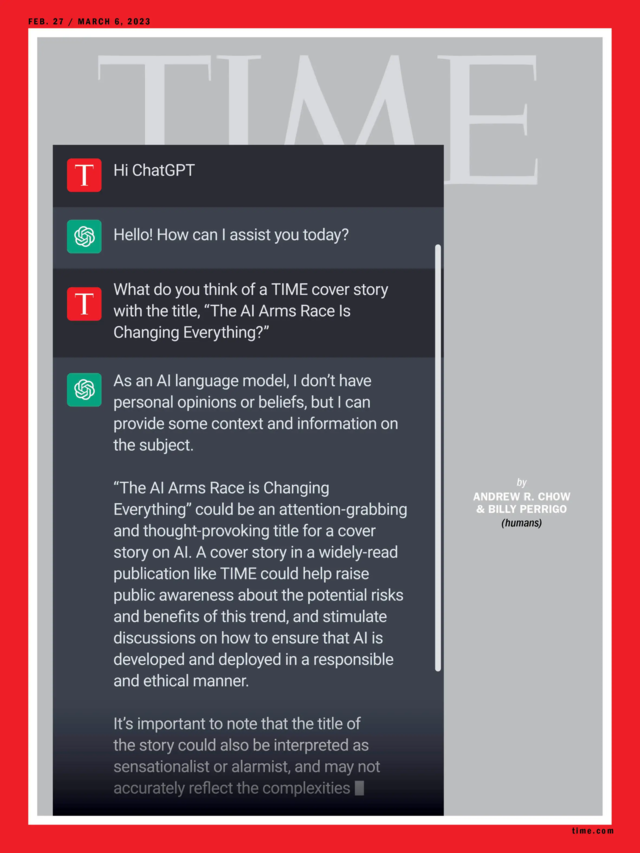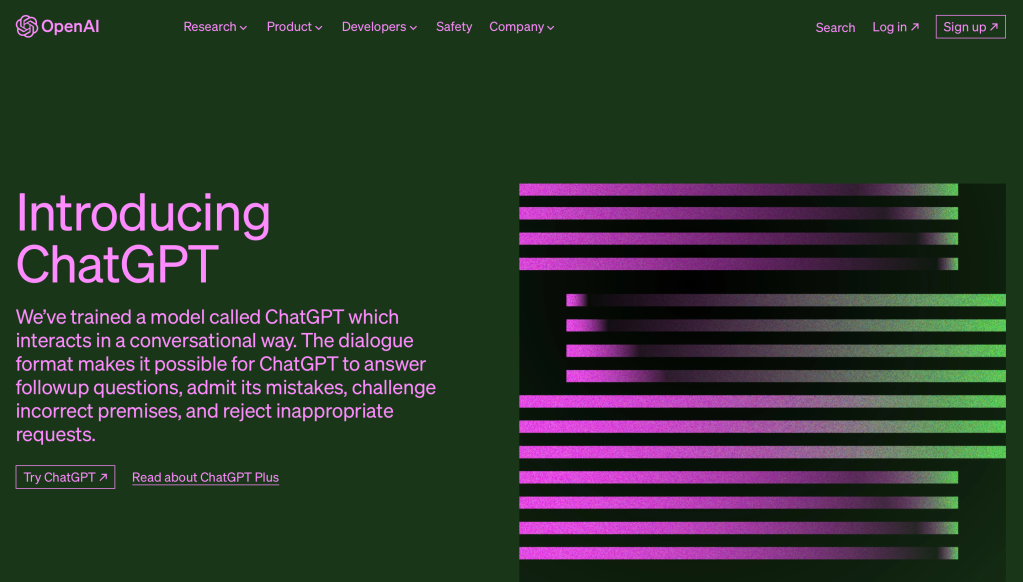
May, 2023
By Jerald Herrera, Staff Reporter
Artificial intelligence, or AI, has been around since the 1960s. However, it’s only now that it has become so prevalent within pop culture. In the last 4–6 years, AI has become a global phenomenon that has shocked people and experts alike with the capabilities of machine learning.
Now that AI has become more mainstream and open-source, people are becoming increasingly familiar with how it works. We see AI everywhere, from bots like Snapchat’s My AI, which simulates conversations, to Grammarly’s GrammarlyGO, which writes for you to improve communication.

Of course, students have been no exception to the target of AI. As a result, many teachers worry that AI will become so rampant that they won’t be able to differentiate it from actual student writing.
In fact, this is already happening across the globe. In a survey conducted by BestColleges.com, 51% of college students agreed that using AI tools is cheating, yet only 20% use them.
It is clear that this is becoming widespread quickly, but how have teachers reacted to the rapidly evolving problem?
The New York and Los Angeles school systems have banned ChatGPT, as they believed students would abuse the AI in the school setting. Some of the reasons were a need for more information on the AI or the thought that the tool would decrease student integrity.

It is understandable why school systems want to get ahead of the trend before it becomes a real issue. There is only so much that teachers and administrators can do to control student behavior, so their decisions are warranted.
On the other hand, others have hypothesized how teachers can use AI to their advantage.Stanford University researchers have stated that they can now use AI to give effective teacher feedback. The AI is so advanced that it can simulate what a student may say when faced with the teacher’s lesson plans.
Because teaching often carries a lot of variables, one of which is student engagement, it can be challenging to know whether teacher planning is effective in practice.
By feeding AI information to mimic students, there is a lot of good in using AI to help teachers practice their skills. The hope is that this practice will translate into live teaching that will positively impact student learning.
Undoubtedly, AI has its benefits when channeled into something productive, like effective teaching. Nevertheless, we as students carry the responsibility for abusing AI or using it as advertised, as “a tool.”
In a matter of six months, ChatGPT has reached maximum “interest,” as Google Trends refers to it, which means that it receives millions of users every day.To say that AI is popular is an understatement, as it continues to grow exponentially.
Who knows where AI tools like ChatGPT will be in a year, five years, or even 20 years? We can only estimate the impact that they may have on schools, organizations, and expression.
Humans like to feel that we’re in control of our environment, but where does AI lie in that conversation? Do we control it, or does it control us?